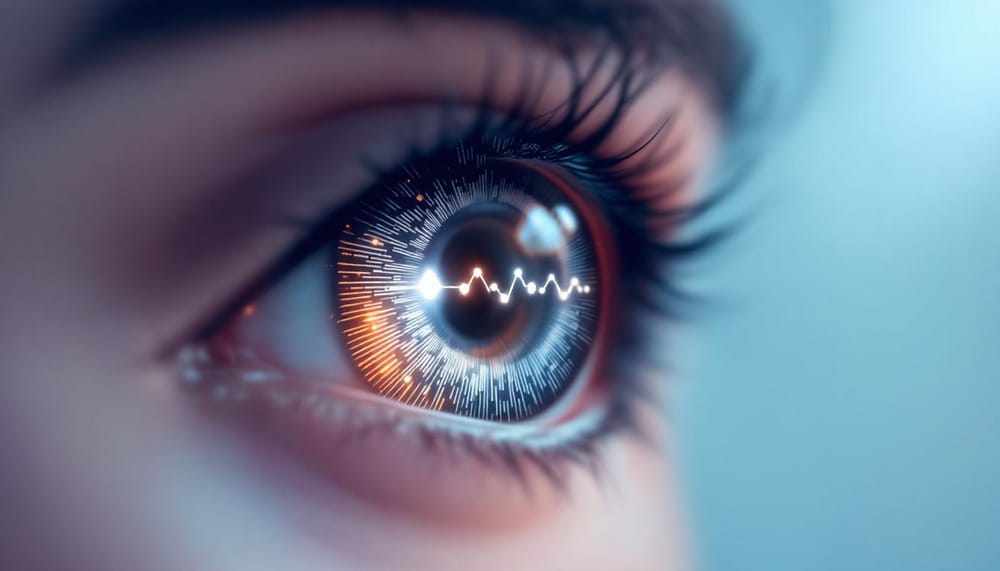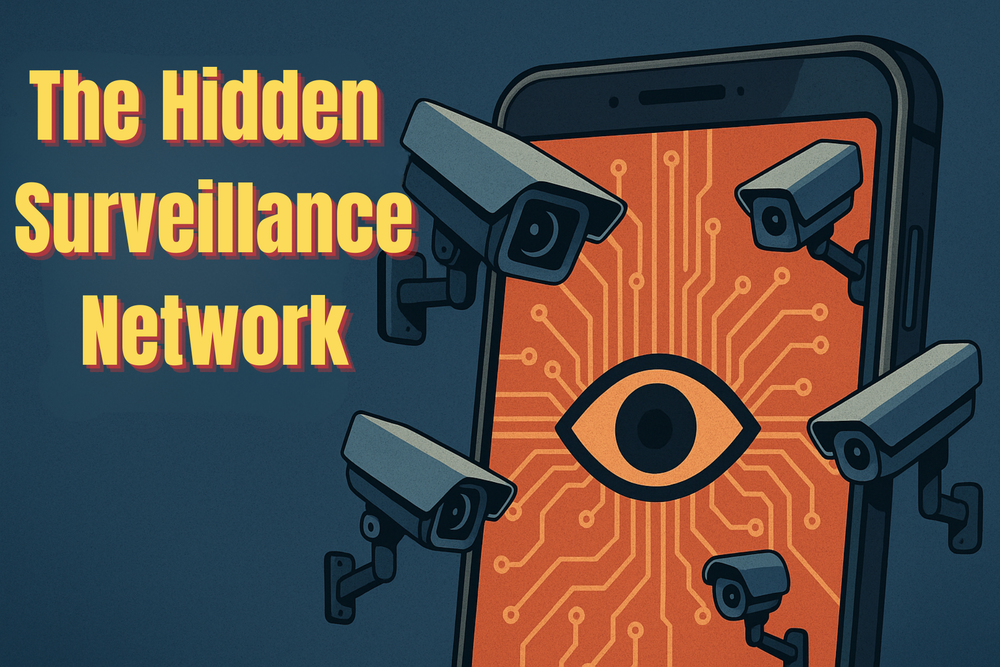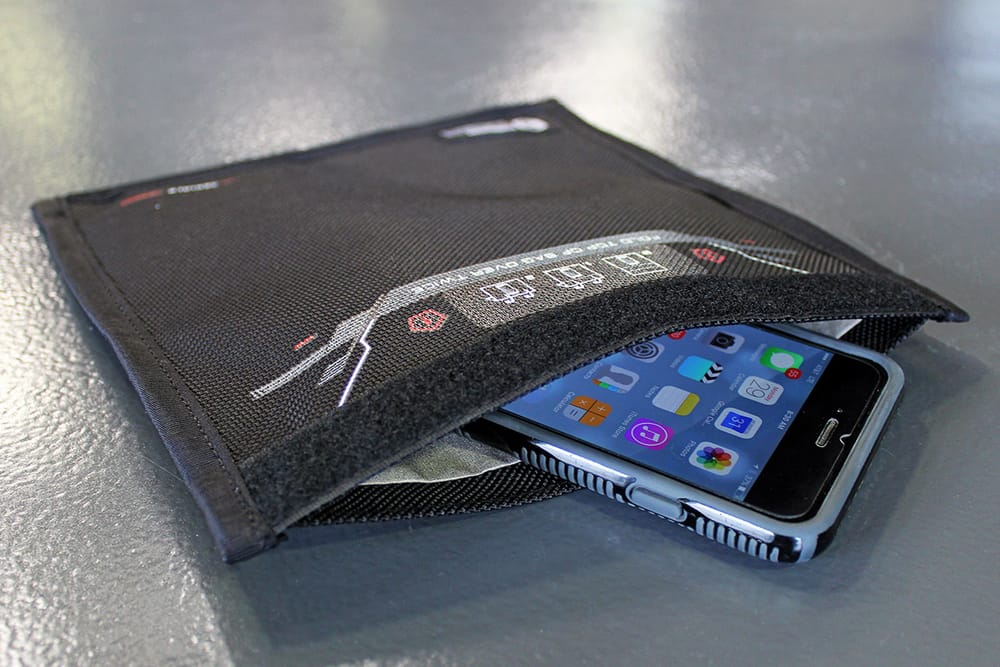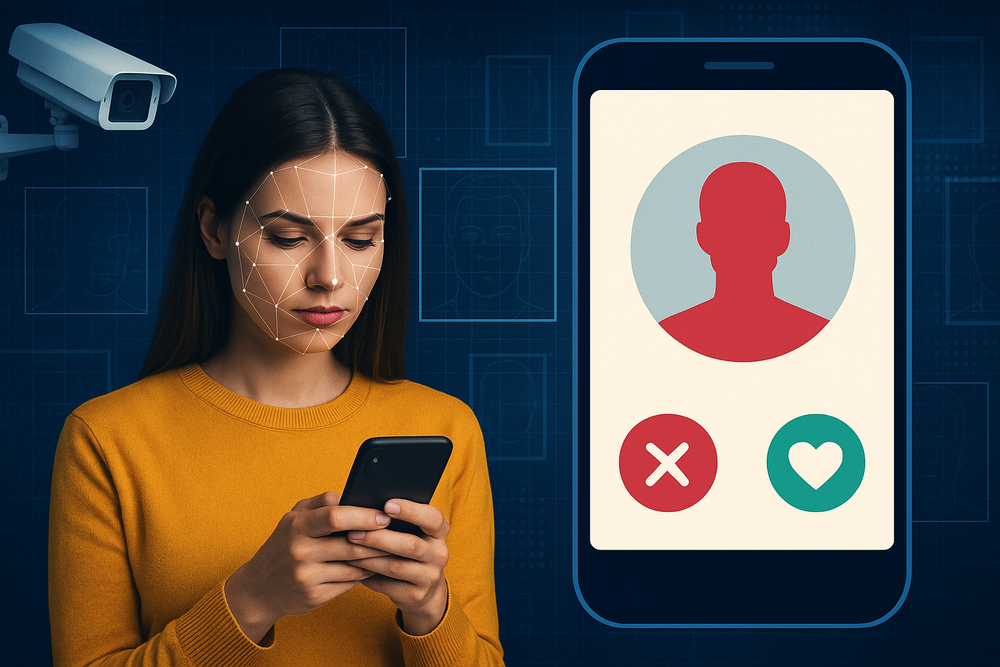How “Buy Now, Pay Later” Schemes Pave the Way for Biometric Enslavement
What began as harmless payment plans has evolved into the scaffolding of a global surveillance economy built on your face, fingerprint, and compliance.
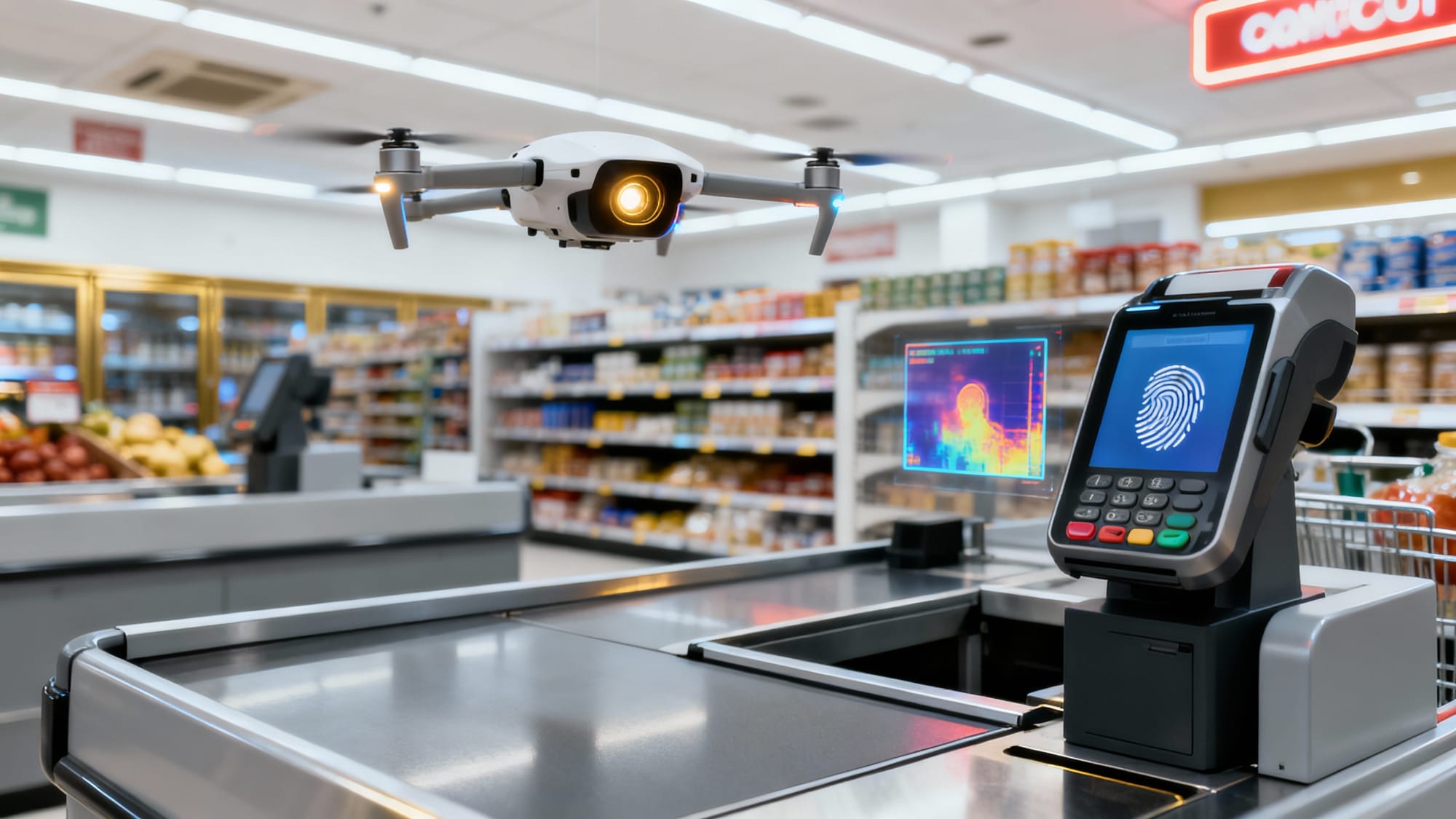
Before the engineered chaos of the 2020 lockdowns, “Buy Now, Pay Later” (BNPL) services like Affirm operated in the shadows, a financial curiosity for a small subset of online shoppers.
Founded in 2012 by PayPal’s Max Levchin, it was a niche product for financing high-ticket items. Then, the script flipped.
The lockdowns, a masterclass in societal destabilization, deliberately weakened the purchasing power of the average American.
As savings dwindled and inflation was intentionally ignited, the perfect conditions were created for the BNPL trap to be sprung.
Strategic partnerships with giants like Apple Pay and Amazon, a high-profile Super Bowl advertisement, and a successful IPO catapulted Affirm into the mainstream almost overnight.
The result?
A devastating 400% surge in the first year of people using these services not for luxuries, but for essentials: groceries, gas, and utilities.
The dependency was manufactured, and the hook was set.
The Quiet Phase Two of the BNPL Trap
Now comes the next phase of the operation.
Since 2024, under the benevolent-sounding guises of “safety” and “fraud prevention,” Affirm has been quietly rolling out a new requirement: biometric identification.
This is the classic Hegelian dialectic. Problem-Reaction-Solution, in its purest form.
They created the problem of economic fragility (Problem), conditioned the public to react by embracing debt-based solutions (Reaction), and now unveil their true objective: a biometric control grid (Solution).
They are not alone.
Visa, a cornerstone of the international banking cartel, is marching in lockstep. Its “Payment Passkey” service, launched in 2024, gently encourages users to “voluntarily” make purchases with their phone’s biometrics. Visa’s stated goal is to be “biometric-first” by 2026.
This is not innovation; it is the meticulous construction of a prison without walls.
It is the essential infrastructure for the coming Crypto-AI control grid, a system where every transaction is permissioned, tracked, and potentially denied based on your social credit score.
Your Biometrics as the Price of Participation
This digital enslavement is being complemented by a physical one.
An FAA waiver issued in March of 2024 gave government agencies and local police the green light to operate drones beyond visual line of sight and over crowds.
Companies like California’s Skydio are now deploying these autonomous quadcopters—equipped with thermal imaging—in every major American city.
The pieces are falling into place with terrifying precision.
A population softened by lockdowns and addicted to convenience is being guided toward a new financial system, born from the ashes of the one they crippled.
The price of entry?
Your biological identity. Your face, your fingerprint, your soul, digitized and tethered to a system of control.
As journalist James Corbett astutely noted, modern tyranny isn’t always the jackboot on the face. Often, it’s the soma pill of convenience, the gentle sedation of compliance. [1]
Many, having invested their entire identity in the narratives of the last five years, would rather embrace the warm blanket of authoritarianism than admit they were deceived.
The drone whirs overhead. The phone demands your fingerprint to buy bread.
The noose of digital ID tightens, and all that will be required for you to buy and sell is your consent to your own servitude.
The question is, will you give it?
Sources: [1] - https://corbettreport.com/digitalid/?utm_source=chatgpt.com
